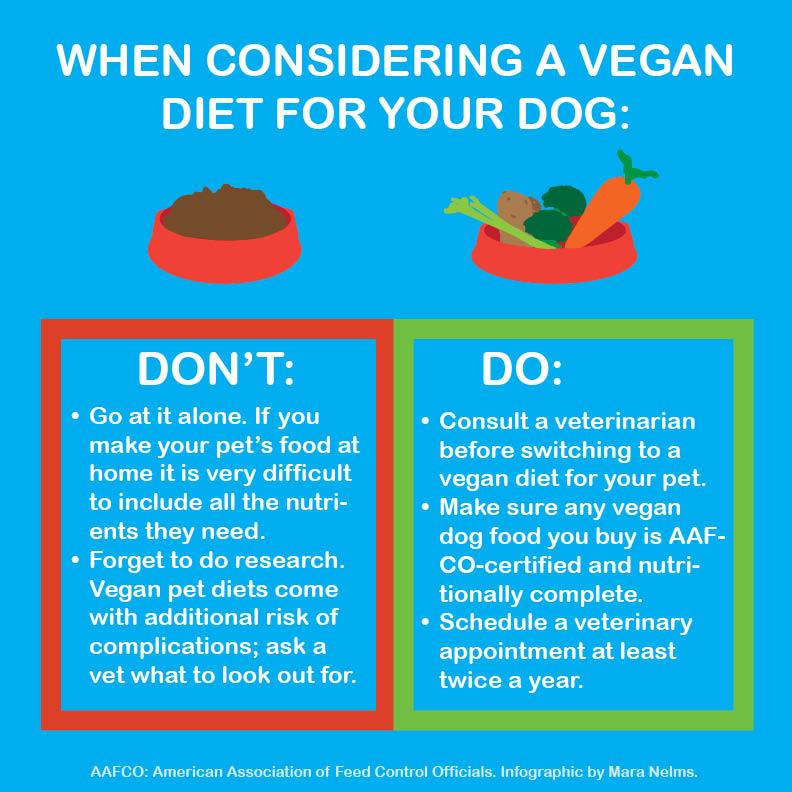As pet owners, we often find ourselves pondering the best dietary choices for our beloved furry companions. With the growing popularity of vegetarian and plant-based diets among humans, many dog owners are beginning to question whether their canine friends can also thrive on an all-vegetarian diet. This consideration is not just about aligning personal values with pet care but also about ensuring the health and well-being of our dogs. In this article, we will explore the possibility of safely transitioning dogs to a vegetarian diet, examining the nutritional needs of canines, potential benefits, and important considerations to ensure a balanced and fulfilling diet. Join us as we delve into the world of vegetarianism for dogs, providing guidance and insights for those considering this dietary path for their four-legged family members.
Understanding Canine Nutrition Basics
While dogs are omnivores and can thrive on a variety of diets, transitioning them to an all-vegetarian diet requires careful planning and consideration. Unlike humans, dogs have specific nutritional needs that must be met for them to maintain optimal health. Key nutrients to focus on include:
- Protein: Essential for muscle development and repair. Plant-based sources such as lentils, chickpeas, and quinoa can be used, but they must be balanced to ensure adequate amino acid profiles.
- Fatty Acids: Vital for healthy skin and coat. Omega-3 and omega-6 fatty acids can be sourced from flaxseed oil and algae supplements.
- Vitamins and Minerals: A varied diet of fruits, vegetables, and fortified foods can help meet the vitamin and mineral requirements, but supplements may be necessary for nutrients like vitamin B12 and taurine.
It’s crucial to work closely with a veterinarian or a pet nutritionist when considering a vegetarian diet for your dog. They can help design a balanced meal plan that ensures your furry friend receives all necessary nutrients. Remember, every dog is unique, and regular monitoring of their health and behavior is essential to ensure the diet is working well for them.

Exploring Vegetarian Options for Dogs
When considering a plant-based diet for our furry companions, it’s important to understand their nutritional needs. Dogs, while primarily carnivorous, are actually omnivores, meaning they can thrive on a variety of foods, including plant-based ingredients. However, ensuring they receive all essential nutrients is crucial. A well-planned vegetarian diet for dogs should include:
- Protein Sources: Lentils, chickpeas, and quinoa can provide the necessary protein intake.
- Essential Amino Acids: Supplementing with taurine and L-carnitine is often necessary as these are commonly found in animal products.
- Healthy Fats: Flaxseed oil and coconut oil can provide vital fatty acids.
- Vitamins and Minerals: Ensure the diet includes sufficient vitamin B12, calcium, and iron, possibly through fortified foods or supplements.
Transitioning to a vegetarian diet should be done gradually, observing your dog’s health and energy levels. It’s always wise to consult with a veterinarian or a pet nutritionist to tailor a diet plan that meets your dog’s specific needs. With the right balance, a vegetarian diet can be a healthy choice for your canine companion.

Potential Benefits and Risks of a Plant-Based Diet
Exploring a vegetarian diet for your canine companion can offer a range of potential benefits. A plant-based diet may help reduce the risk of certain health issues such as allergies, obesity, and digestive problems. Many commercial dog foods contain additives and fillers that can trigger allergies or sensitivities in some dogs. By opting for a vegetarian diet, you can control the ingredients more closely, potentially leading to improved coat condition and overall vitality. Additionally, a well-planned vegetarian diet can provide all the necessary nutrients if it’s properly balanced and supplemented, ensuring your dog receives the right levels of protein, vitamins, and minerals.
However, there are also risks associated with feeding dogs a vegetarian diet. Dogs are omnivores, and while they can survive on a plant-based diet, it requires careful planning to meet their nutritional needs. The main challenge is ensuring they get enough protein and essential amino acids, which are naturally abundant in meat. Risks include deficiencies in certain nutrients like taurine and vitamin B12, which are critical for a dog’s health. It’s crucial to consult with a veterinarian or a pet nutritionist to ensure the diet is well-rounded and includes necessary supplements. Common pitfalls include relying too heavily on carbohydrates or not diversifying protein sources, which could lead to health issues over time.
- Potential Benefits: Reduced allergies, controlled ingredients, improved coat.
- Risks: Nutritional deficiencies, protein challenges, need for supplements.
Guidelines for Transitioning Your Dog to a Vegetarian Diet
Transitioning your dog to a vegetarian diet requires careful planning and consideration to ensure their nutritional needs are met. Start gradually by introducing vegetarian foods in small amounts alongside their current diet. Monitor your dog’s reaction to new ingredients, checking for any signs of digestive upset or allergic reactions.
Consult a veterinarian before making any dietary changes to ensure your dog’s health requirements are met. Look for commercial vegetarian dog foods that are specifically formulated to be nutritionally complete, or consider cooking homemade meals. Key ingredients to include are:
- High-quality plant-based proteins such as lentils, chickpeas, and quinoa.
- Essential vitamins and minerals, which might require supplements, especially for nutrients like vitamin B12 and taurine.
- Healthy fats from sources like flaxseed or olive oil to support skin and coat health.
Regularly monitor your dog’s health and energy levels throughout the transition, and adjust the diet as necessary to maintain their well-being.

